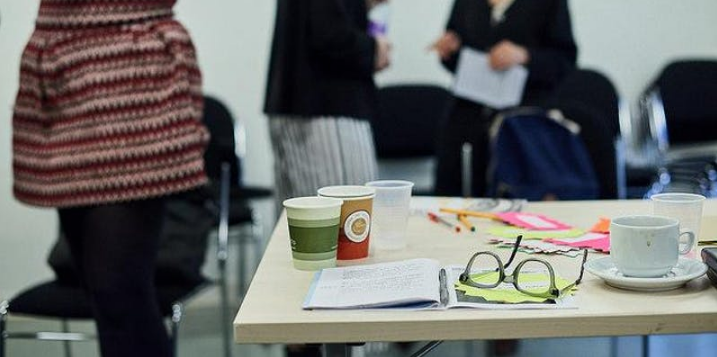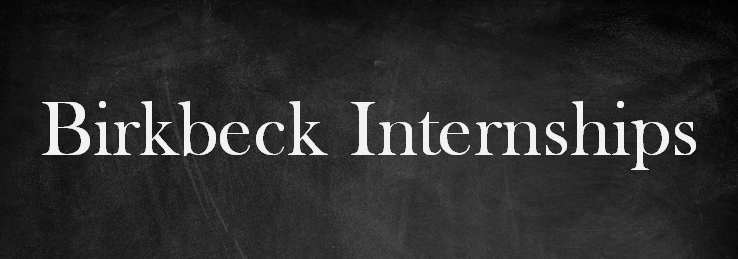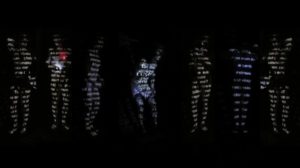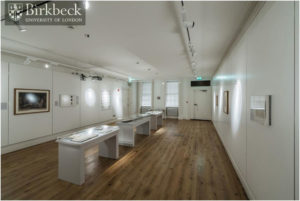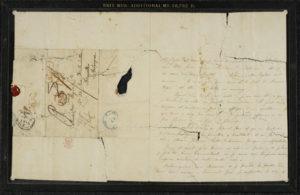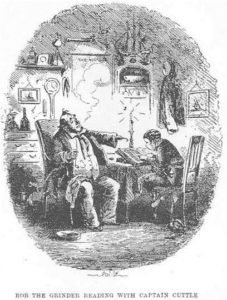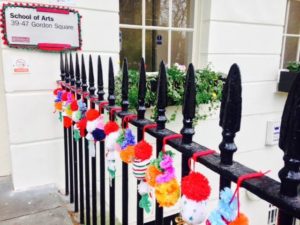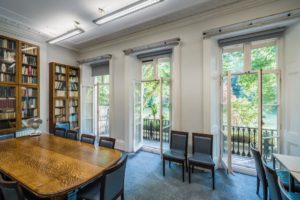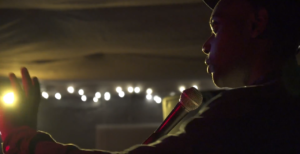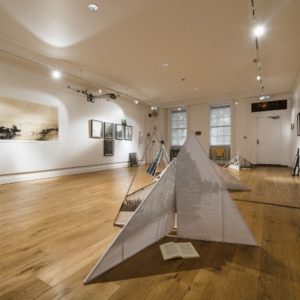These courses require a password to sign up. See end of post for details.
Risk Assessment using Sevron

Thursday August 30th. 10.00 – 13.00 A half-day course on general health and safety risk assessment with an introduction to the Sevron online risk assessment system. Book here
COSHH Risk Assessment using Sevron

This course is for people needing to assess the risks of the use of hazardous substances under the Control of Substances Hazardous to Health Regulations (COSHH). The course introduces the Sevron online risk assessment system and its use for COSHH assessments. There are several opportunities to undertake this training.
Wednesday September 12 morning session 10.00 – 13.00.
Wednesday September 12 afternoon session 14.00 – 17.00.
Thursday September 20 morning session 10.00 – 13.00.
Thursday September afternoon session 27 14.00 – 17.00.
Level 2 Award in Fire Safety
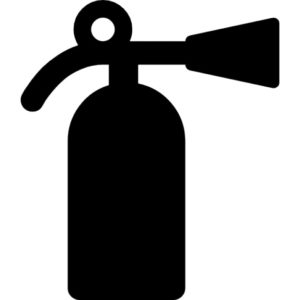
A one-day course for persons with special responsibilities for fire safety such as fire wardens. Wednesday September 19. 9.30 – 17.00. Book here.
Level 2 Award in Health and Safety at Work

A one-day course for persons with special responsibilities for general health and safety such as Departmental Safety Coordinators. September 25. 9.30 – 17.00. Book here.
Level 2 Award in Manual Handling

A one-day course for staff undertaking manual handling tasks as a regular part of their work. Monday 10 September 09.30 – 17.00. Book here.
These courses require a password to sign up. Follow the links and enter “BBK” at the Eventbrite page.

